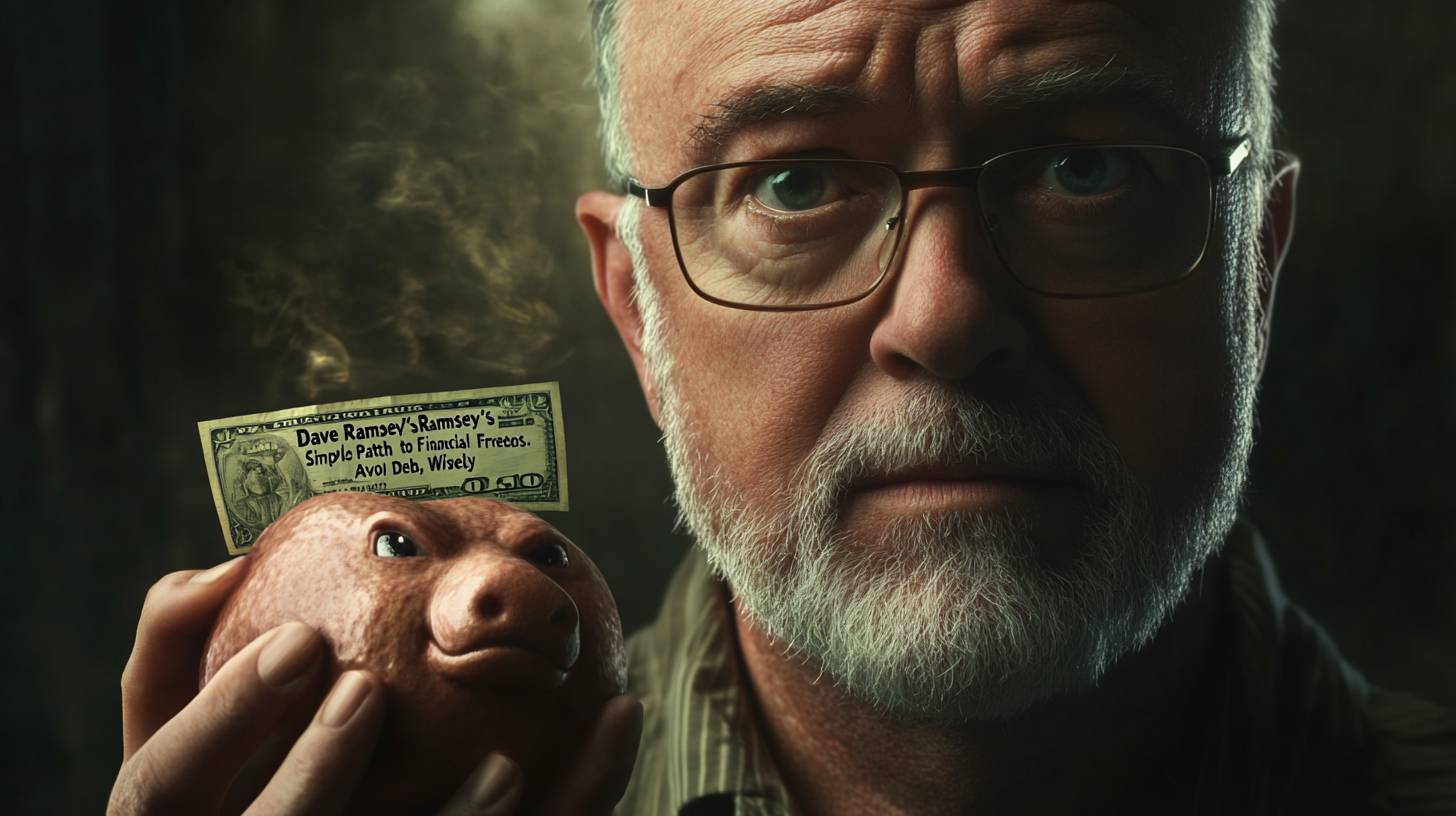
Eliminating unnecessary expenses: the cornerstone of debt alleviation
In the present economic atmosphere, as Australian families face growing debt challenges, an effective way to regain financial stability is by prioritizing the reduction of unnecessary expenses. Financial authority Dave Ramsey promotes a straightforward principle: eliminate all non-essential costs. “Simply remove all the excess,” Ramsey suggests. “The more you trim, the more your friends may think you’re odd for not indulging in anything, the quicker you escape debt. It’s basic math.”
For Australians, this entails scrutinizing discretionary spending—those small indulgences that, while nice, are not vital for living. Whether it’s eating out, subscription services, or that daily coffee stop, these costs can accumulate quickly, making it challenging to release the income required to address high-interest debt.
Ramsey’s method is clear-cut but does demand discipline. The concept is to make significant sacrifices in the short run to attain long-term financial independence. “Significant sacrifice accelerates your journey out of debt and enhances your chances,” Ramsey emphasizes. This might even involve taking on extra work, such as holding a second or third job, to speed up debt repayment.
Though this approach may appear drastic, it is an established method for those committed to eliminating debt. Typically, families that Ramsey guides manage to pay off all their debts within 18 to 24 months. However, he cautions that this period can be punishing. “But that 18 to 24 months is brutal. It’s tough,” Ramsey confesses. Still, the rewards are substantial—financial liberation and the opportunity to accumulate wealth in the future.
The contradiction of leisure spending and its effects on debt
In Australia, the contradiction of leisure spending is especially pertinent as consumer behaviors have evolved over time. Even though the amount of time Australians dedicate to leisure activities has diminished, the share of household budgets spent on leisure has consistently escalated. According to Visa Business and Economic Insights, leisure expenditures made up 9.5% of total consumption in 2013, but by 2022, this number had grown to 13%. This pattern indicates that while Australians might be enjoying less leisure time, they are allocating more money to it, potentially worsening debt levels.
This uptick in leisure spending is a critical element adding to the financial pressures faced by many Australians. The appeal of leisure pursuits—whether dining out, entertainment, or travel—can be challenging to resist, particularly in a culture that emphasizes work-life balance and the enjoyment of life’s pleasures. However, as Ramsey highlights, these expenses can significantly hinder one’s ability to achieve financial independence.
Ramsey’s guidance is unequivocal: to escape debt, sacrifices must be made, often involving cutting back on leisure expenses. “You simply have to work constantly,” he asserts. “You won’t enter a restaurant unless you’re employed there. You’re not taking vacations.” While this may seem severe, it’s a strategy that has effectively worked for many intent on eradicating debt.
For Australians, this could involve reconsidering how they distribute their disposable income. Rather than spending on non-essential leisure activities, those funds could be redirected towards debt repayment. The temporary sacrifice of reducing leisure costs can pave the way for long-term financial security and the opportunity to build wealth. As Ramsey states, “People might think you’re out of your mind. But those two years are the spark that lifts the constraints of the numbers, enabling you to accumulate wealth for a lifetime.”

